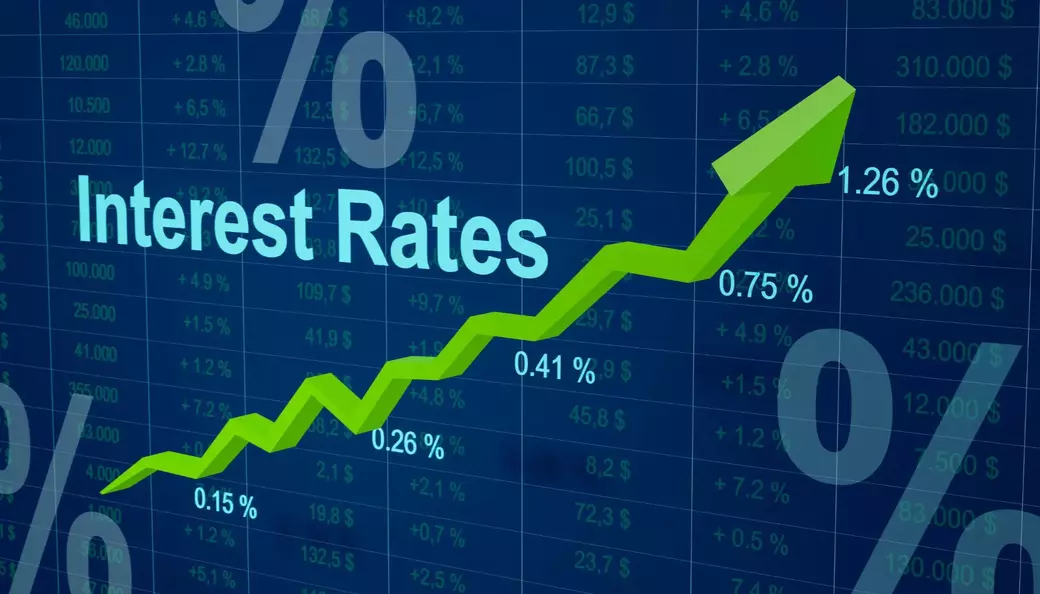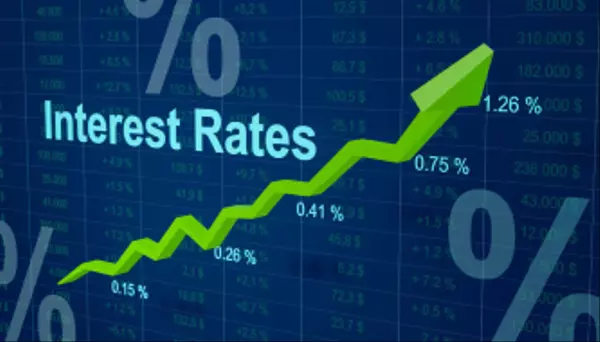The Ripple Effect: How Decreasing Interest Rates Impact Mortgage Rates and the Real Estate Market

In the dynamic world of real estate, the ebb and flow of interest rates play a crucial role in shaping the landscape for both homebuyers and sellers. One of the most significant factors influencing the real estate market is the interest rate set by central banks. In recent times, we have witnessed a trend of decreasing interest rates, and it's essential to understand the ripple effect this has on mortgage rates and the real estate market as a whole.
- Lower Interest Rates, Lower Mortgage Rates:
One of the most direct consequences of decreasing interest rates is the subsequent decline in mortgage rates. Mortgage rates are closely tied to the prevailing interest rates, and as central banks reduce rates to stimulate economic activity, it becomes more affordable for borrowers to access credit for home purchases. Lower mortgage rates mean lower monthly payments for homebuyers, making homeownership more accessible and attractive.
- Increased Affordability and Higher Demand:
As mortgage rates decrease, the affordability of homes improves for potential buyers. Lower monthly mortgage payments allow buyers to either afford a more expensive home or allocate their budget more efficiently. This increased affordability often translates into higher demand for homes, stimulating the real estate market.
With more buyers in the market, sellers may find themselves in a favorable position. Properties tend to sell more quickly, and in some cases, sellers may receive multiple offers, driving up property values. The dynamic of supply and demand is a fundamental principle in the real estate market, and decreasing interest rates can significantly tip the scales in favor of sellers.
- Refinancing Opportunities:
It's not just prospective homebuyers who benefit from lower interest rates. Homeowners with existing mortgages may seize the opportunity to refinance their loans to secure a lower interest rate. Refinancing can result in substantial savings over the life of the loan, freeing up funds for other investments or discretionary spending. This surge in refinancing activity is another ripple effect of decreasing interest rates, contributing to the overall health of the real estate market.
- Potential Concerns:
While the impact of decreasing interest rates on the real estate market is generally positive, there are potential concerns that should be considered. Rapidly rising home prices due to increased demand may lead to affordability challenges for some buyers. Additionally, there could be a risk of speculative behavior, where buyers enter the market solely to capitalize on low-interest rates, potentially inflating property values beyond sustainable levels.
In conclusion, the relationship between decreasing interest rates, mortgage rates, and the real estate market is intricate and multifaceted. While lower interest rates stimulate demand and make homeownership more accessible, there are considerations for both buyers and sellers. As we navigate through the ever-changing economic landscape, understanding the dynamics of interest rates is crucial for making informed decisions in the real estate market. Whether you're a first-time homebuyer, a seasoned investor, or a homeowner contemplating refinancing, staying attuned to interest rate trends can significantly impact your real estate journey.
Recent Posts










GET MORE INFORMATION


